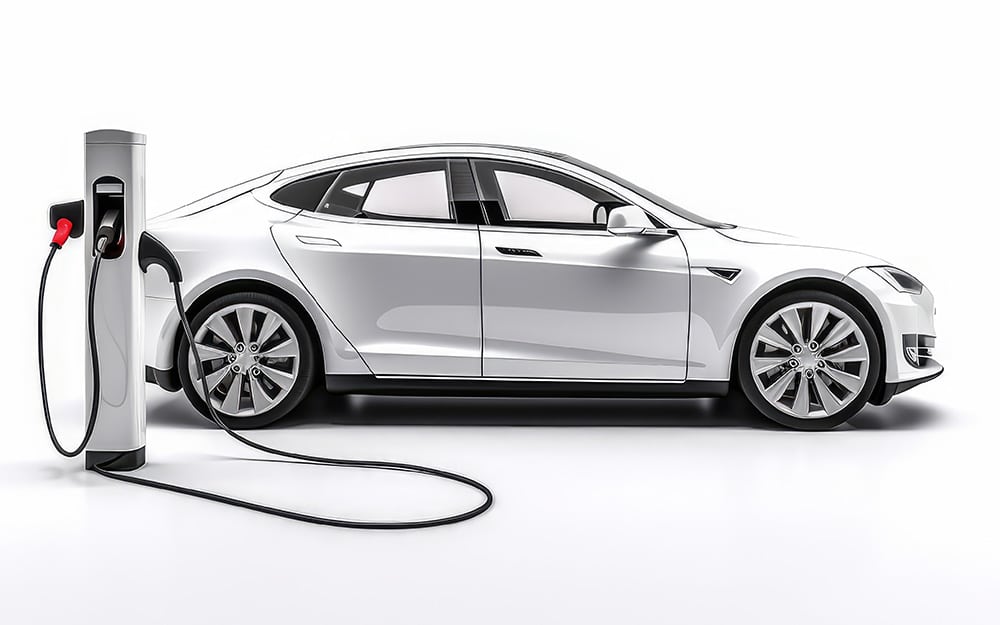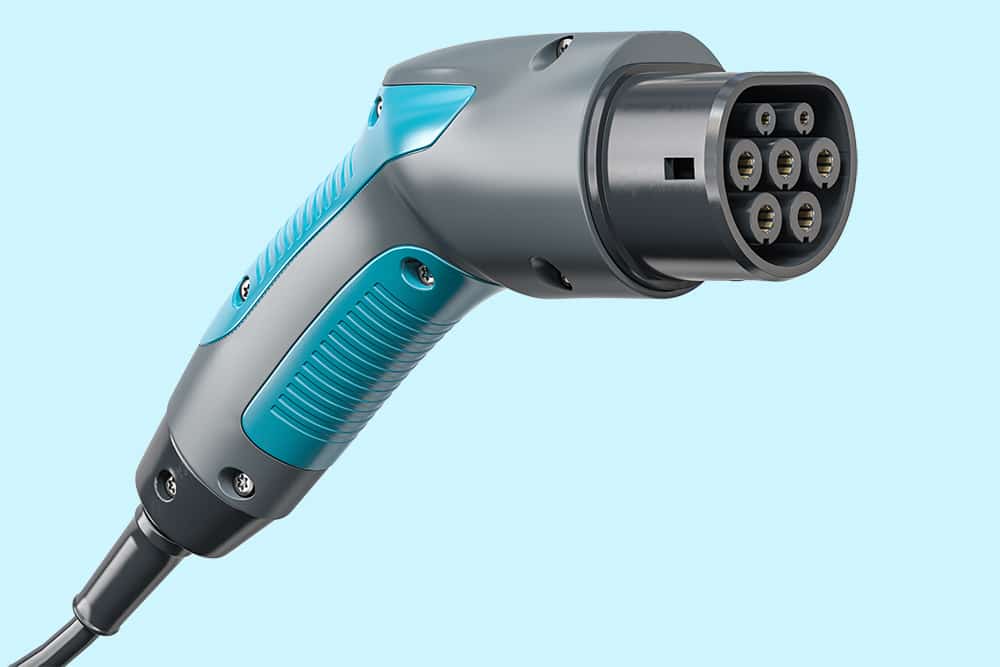
Home » April 2023 » Columns 2304 » Innovation & Technology
Innovation & Technology
Why You Want to be SMART With Your EV Charging
stock.adobe.com / Maksym Yemelyanov
Every day I wake up and thank the universe for allowing me to be part of the transportation transformation to electric. It’s been amazing to witness the rocket-ship growth the electric vehicle (EV) market has experienced.
Even back in 2016, I remember relaying to a large group of my auto OEM clients the value of investing in smart EV charging (EVC) solutions. To ensure the best charging experience possible, I shared the importance of EVC equipment needing to connect to the internet, gather information via sensors, and exchange data with other devices.
Unfortunately, it was challenging to make others see how vital smart EVC technology was and continues to be. Those who opted to install more basic EVC solutions with limited ability to communicate information in real-time are now spending more capital to remove and replace them with smart EVC solutions.
I believe parking operators and asset owners are at a similar crossroads, where investing in smart versus basic EVC solutions will pay off in the long term.
Why Work Smarter?
The current noise around the EV charging marketplace can be overwhelming and confusing, and knowing the right questions to ask a technology provider can save you both time and money. With many years in the EV industry, I’m happy to be your guide to help you determine the exact questions you need to ask to make decisions about your chosen EVC solution.
Envision your parking garage as a mobility hub. Imagine EV drivers and autonomous vehicles (AV) driving in the urban market, searching for places to charge – drones and flying taxis landing on your rooftop deck, where your valet team serves as greeters pointing out the fantastic waiting lounge. Also, in this scenario your team is managing ride-share drivers inside the garage since they are not allowed to park on the street due to the city having to create dedicated lanes for the AVs.
That is a lot to imagine, and it might feel far away. Still, there is an opportunity to capture additional revenue and participate in this smart city movement. But to do so means your operation has to have a “smart” foundation.
Here are five questions to ask an EVC solutions provider to ensure you’re making a smart investment that sets you up for today, tomorrow, and years from now:
- Are your stations connected to the cloud? Connected EV charging equipment allows your operation flexibility to be ready for today’s EVs but will allow you to adjust your business as EV demand grows. Cloud-connected devices provide drivers with charger availability via their preferred maps like Waze, Google, or Apple Maps and, most importantly, if they work. We have all heard about how EVs can help the environment and improve our everyday lives by eliminating unwanted carbon emissions into the air – and with cloud connectivity, you will be able to track your sustainability goals and report back with data to substantiate your efforts.
- Is your equipment interoperable? If your EV charger only provides electrons to one versus all vehicle types, you’re leaving money on the table. Having a universal charger allows for more revenue for the operation and more charging ports for drivers. On top of the revenue, consider the additional customers you can influence by creating an experience like getting greeted by a valet with their favorite morning beverage or even a card wishing them a happy birthday. Interoperability will also allow you to work with others like auto OEMs, who are also looking for ways to offer more charging to the vast number of customers who have a fleet and are converting to EVs. This is the first time in our transportation history that we will be participating in the everyday fueling experience. Think about it this way: interoperability is like your ATM card, you can use it at any terminal, and it gets you what you need. If your charger is not interoperable, you are missing out and only catering to a brand versus having it open and operable to many.
- Does this EVC solution meet the current standard protocol? EV charging stations should be OCPP 1.6/2.0 or above. If so, the standard Open Charge Point Protocol will allow you, the operator, to work with various software integrations like building management systems to help balance the locations load from the HVAC and EV chargers.
- What level of charging can your facility handle? What type of parking population are you serving, i.e. transients or monthly parkers? Knowing the answers to these questions will help guide you in making the best decision on what level of equipment to install in your asset. If you serve a primarily subscription-based parking population, DC-Fast or Level 3 charging may not fit the use case since your dwell time at your facility may suffice with a Level 2 charger. Installing DC-Fast units can be cost-prohibitive, so having a solid understanding of your parking population will save you money both from CAPEX and demand charges from the utility.
- Does your EV charging unit support over-the-air updates? EV charging units supporting over-the-air software updates help ensure equipment runs optimally. According to a recently published J.D. Power 2022 U.S. Electric Vehicle Experience (EVX) Public Charging Study, broken or inoperable equipment significantly contributes to the decline in owner satisfaction with public EV chargers.
With smart EV Charging, you can reach your full potential by offering more services to your customers that they have not been exposed to in the past with gas powered vehicles. In addition, being connected will allow you to tailor an experience unique to your operation. Still, you must be data-driven in your approach, as your selected solution will provide the insights needed as more EVs use your location to charge and park.
The challenge for the parking industry will be to ensure you partner with companies who understand your business and serve as a partner. Ideally, these partners provide you with solutions for today while thinking about long term impacts and profits. ◆
Eduardo Espinal is National Director of Business Development of eMobility, OEMs, and New Construction for FLASH.
-
This author does not have any more posts.


The Digital Tsunami is Here
How Data Standards are Shaping the Future of an Interconnected

Electric Vehicle Charging Operations Research
Preliminary Results






